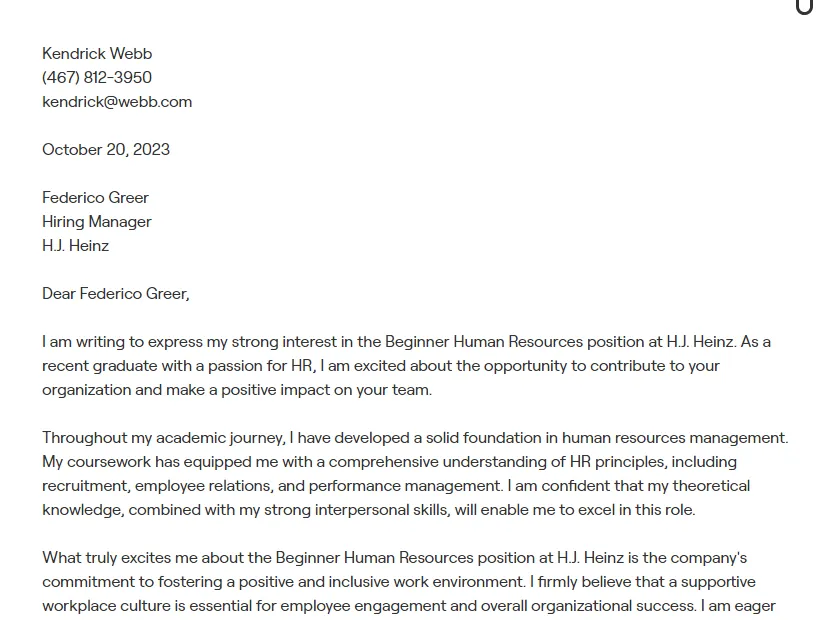What is a Human Resources Cover Letter?
A Human Resources (HR) cover letter is your initial introduction to a potential employer. It accompanies your resume and serves as a personal pitch, highlighting your skills, experience, and why you are a great fit for the role. For beginners with little experience, it’s especially crucial, as it allows you to showcase your potential and demonstrate your enthusiasm for the field. Your cover letter provides an opportunity to explain your career goals, what you are seeking to achieve and to highlight the transferrable skills that you possess.
Why is a Cover Letter Important for Beginners?
For those with limited HR experience, a cover letter becomes even more vital. It’s your chance to connect the dots between your past experiences, even if they aren’t directly HR-related, and the requirements of the job. It allows you to explain any gaps in your experience, such as a career change or breaks, and demonstrate a willingness to learn and a strong interest in the HR field. A well-crafted cover letter allows you to demonstrate your genuine interest in the company and your passion for human resources, setting you apart from other candidates.
Highlight Your Transferable Skills
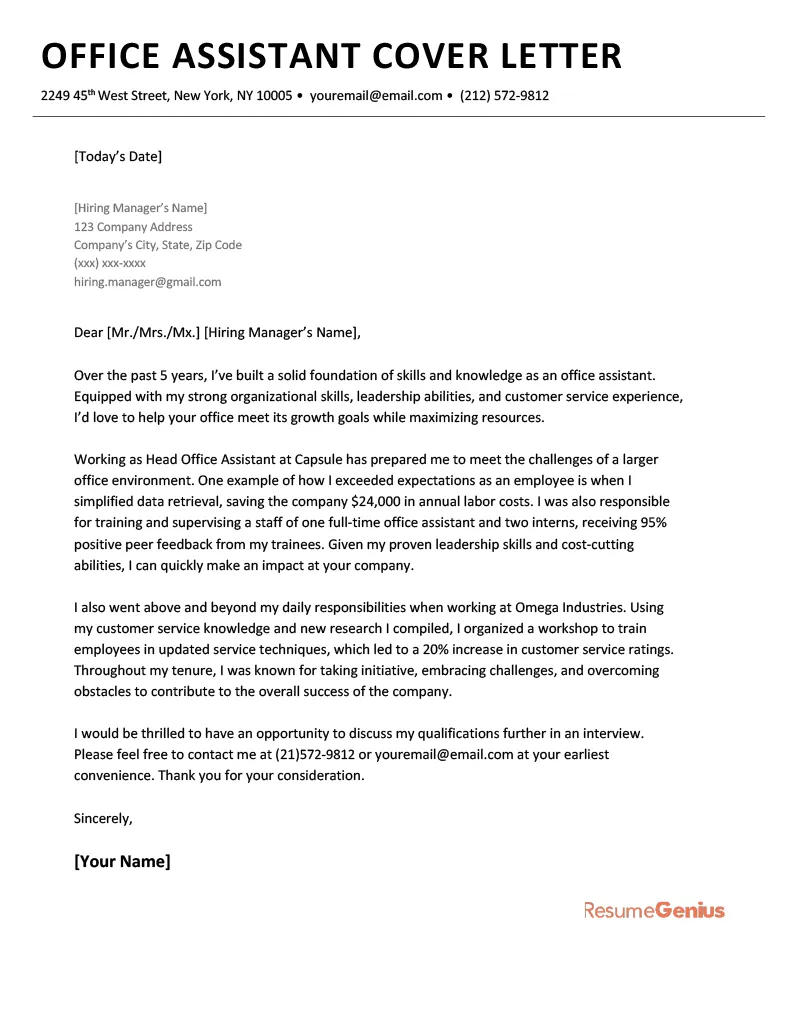
Even if you don’t have direct HR experience, you likely possess transferable skills that are highly valued in the field. These are skills that can be applied across different roles and industries. Think about your past roles, volunteer work, or even academic projects. Consider skills like communication, problem-solving, organization, time management, and teamwork. These skills are highly valued in HR. Showcase how you’ve used them in various situations and how they align with the HR role you’re applying for. Give the prospective employer an indication of how you may perform on the job, using your skills.
Identify Relevant Skills from Education and Experience
Your educational background and any previous work experience, even if not in HR, can provide valuable skills. Did you lead a team in a student organization? Were you responsible for managing projects or budgets? Did you handle customer service or conflict resolution? Any experience where you demonstrated leadership, organizational skills, or people management is worth highlighting. Explain how these experiences have prepared you for an HR role, even if you haven’t worked in HR previously.
Showcase Soft Skills to Impress
Soft skills are essential in HR. These include communication, empathy, active listening, conflict resolution, and critical thinking. Give examples of how you’ve demonstrated these skills in the past. For example, if you have experience resolving customer complaints, explain how you listened to their concerns, offered solutions, and found a positive outcome. If you’ve worked in a team, highlight your ability to collaborate and communicate effectively. Use action verbs to describe your actions. For example, use words such as “Managed”, “coordinated”, “facilitated”, and “resolved.”
Crafting the Perfect Cover Letter Opening
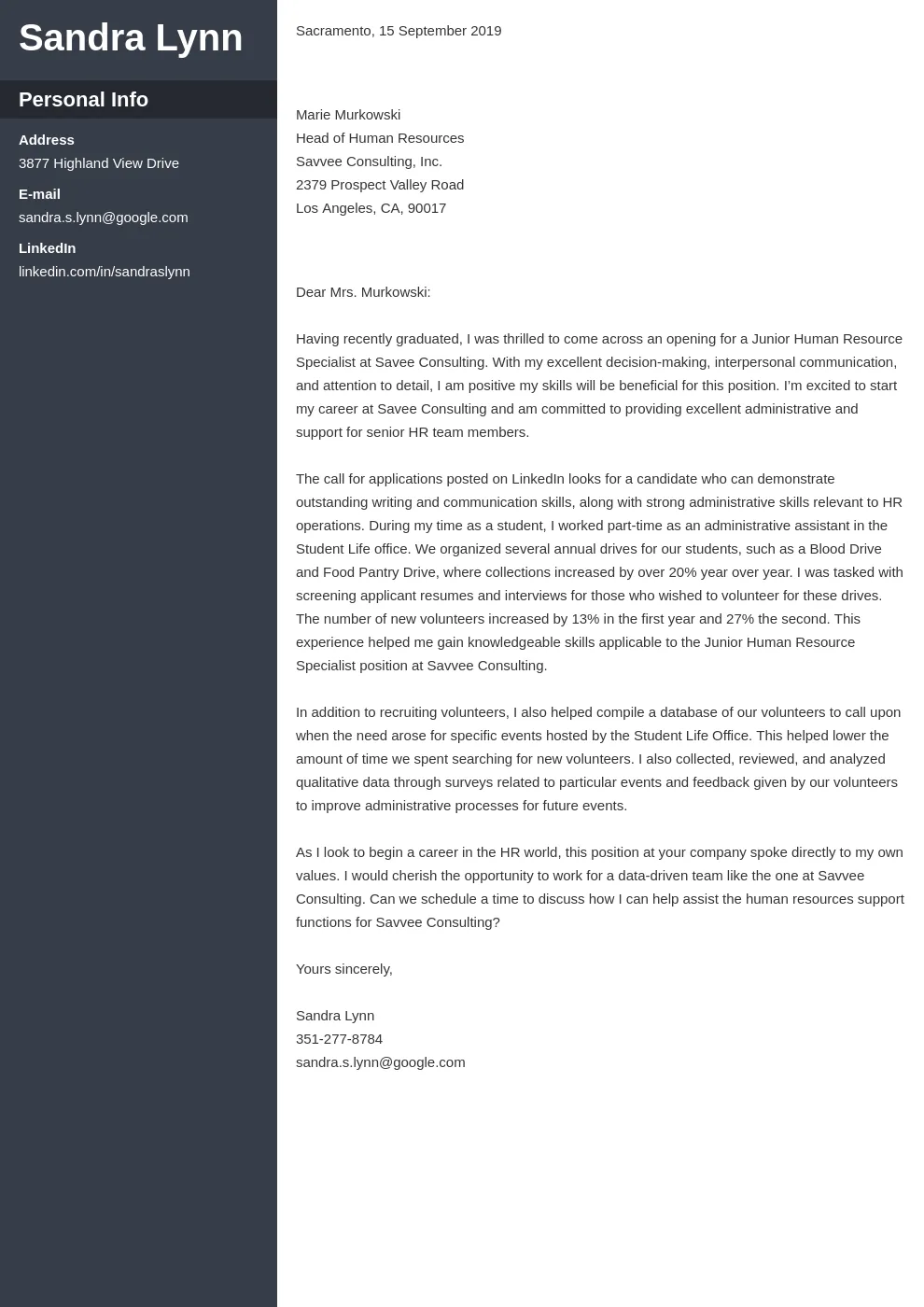
The opening of your cover letter is crucial. It needs to grab the reader’s attention and clearly state your purpose. Avoid generic openings like “To Whom It May Concern.” Instead, personalize it if possible by addressing the hiring manager by name. If you don’t know their name, research it on LinkedIn or the company website. The opening should also state the specific role you’re applying for and why you’re interested. Show enthusiasm for the company and the HR field. Make a good first impression to catch the employer’s attention.
State Your Purpose and Enthusiasm
Clearly state your intention in the opening paragraph. Mention the specific HR role you are applying for and express your genuine interest in the position and the company. Briefly explain what excites you about HR and why you are drawn to this field. Demonstrate that you understand the role and its importance. Showing passion is a great way to make you stand out. This will set the tone for the rest of your cover letter.
Tailoring Your Cover Letter Body
The body of your cover letter is where you demonstrate your skills and experience. Tailor the content to align with the specific requirements of the job description. Review the job posting carefully and identify the key skills and qualifications the employer is seeking. Use specific examples from your background to show how you have demonstrated those skills. Keep the tone professional and enthusiastic. Make sure you address the key areas of the job that the employer is seeking.
Mention Achievements and Quantify Results
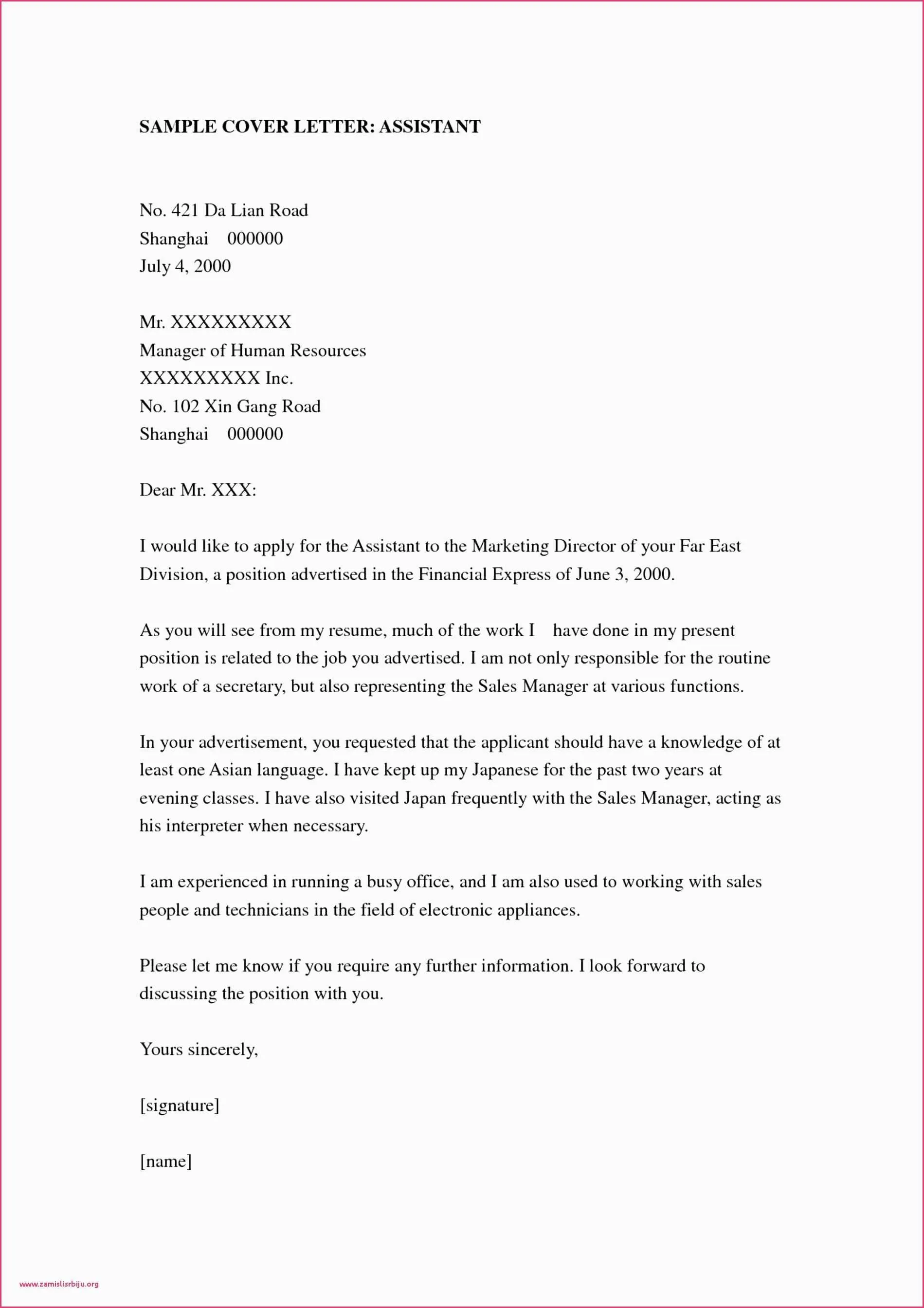
Wherever possible, include quantifiable achievements. Instead of saying “I improved customer satisfaction,” say “I improved customer satisfaction by 15% by implementing a new feedback system.” Quantifying your accomplishments makes your claims more credible and helps the hiring manager understand the impact you’ve made in the past. If you don’t have direct HR experience, focus on achievements from other roles that demonstrate your transferable skills. Show how these are relevant and why the employer should hire you for this role.
Demonstrate Your Understanding of HR
Show that you understand the basic functions of HR. Research the company and the role to understand what is expected of you. Briefly mention any HR-related knowledge you have, such as coursework, certifications, or familiarity with HR software. If you have experience with employment law or compliance, mention it. If you are not already familiar with the core responsibilities of HR, then make sure you do your research. This demonstrates that you are serious about the field and have a basic understanding of the company’s expectations.
Writing a Strong Closing
The closing of your cover letter should summarize your interest and express your enthusiasm for the position. Reiterate your interest in the role and highlight your key qualifications again. Make it clear why you are a good fit. Use a confident and professional tone. Proofread it carefully to make sure you have a professional closing. Make sure you highlight your key strengths one more time.
Express Gratitude and Call to Action
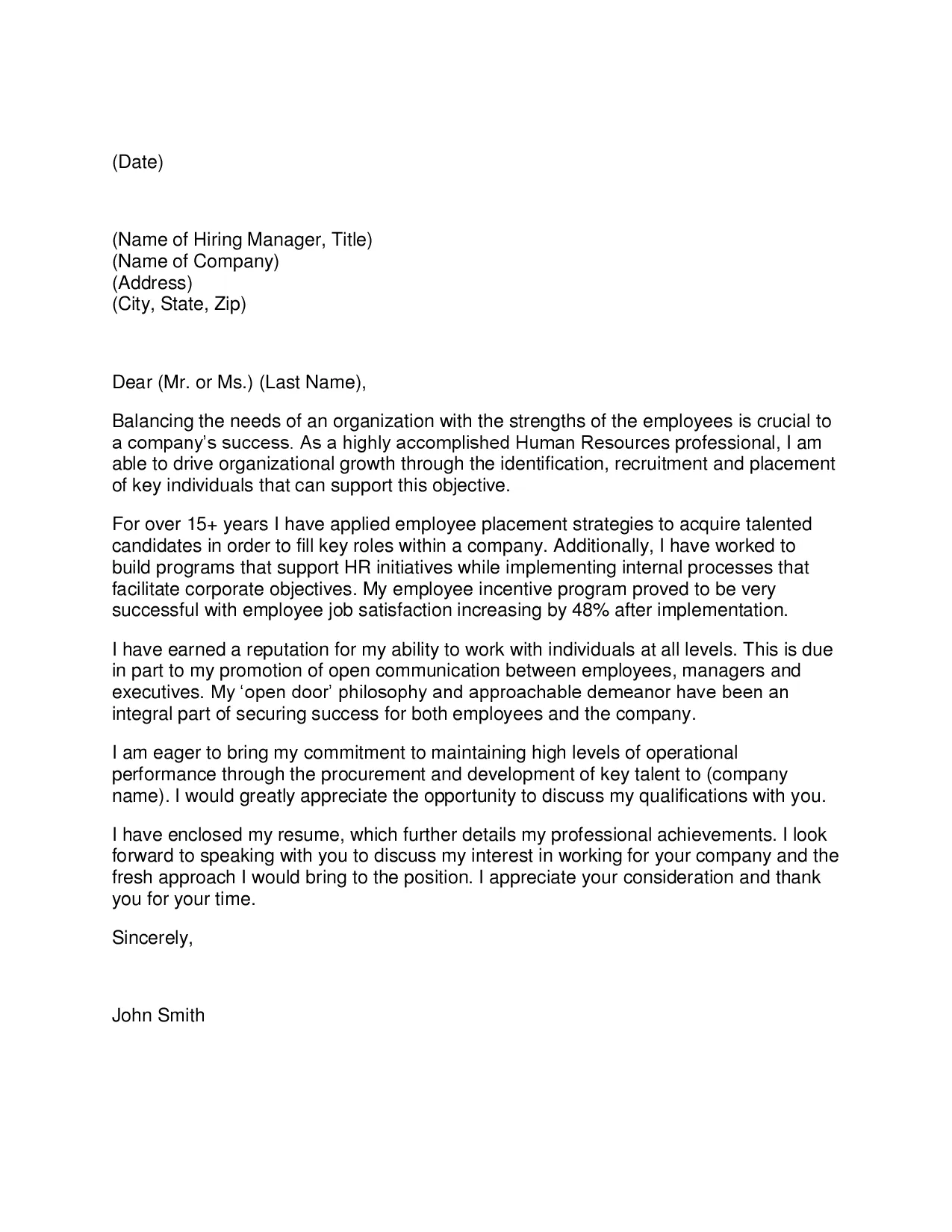
Thank the hiring manager for their time and consideration. Express your eagerness for the opportunity to discuss your qualifications further in an interview. Include a clear call to action, such as “I look forward to the opportunity to discuss my qualifications further.” Make sure you include your contact information, including your email address and phone number. Make it easy for the employer to contact you.
Cover Letter Formatting and Design
Formatting and design matter. Use a clean and professional font, such as Times New Roman, Arial, or Calibri. Use a standard font size (11-12 points). Ensure your cover letter is well-organized, with clear sections and headings. Make sure you maintain consistent formatting throughout. Keep the layout simple, with ample white space for readability. Your cover letter should be easy on the eyes. Remember that an employer may review hundreds of cover letters. Make sure yours is easy to read.
Keep it Concise and Readable
Keep your cover letter concise and to the point. Aim for one page, ideally. Use short paragraphs and clear language. Avoid jargon or overly complex sentences. Your goal is to get your key points across quickly and effectively. Use bullet points to highlight key skills and achievements, if appropriate. The hiring manager’s time is limited, so respect their time by keeping your cover letter brief and easy to read.
Proofread and Edit Meticulously
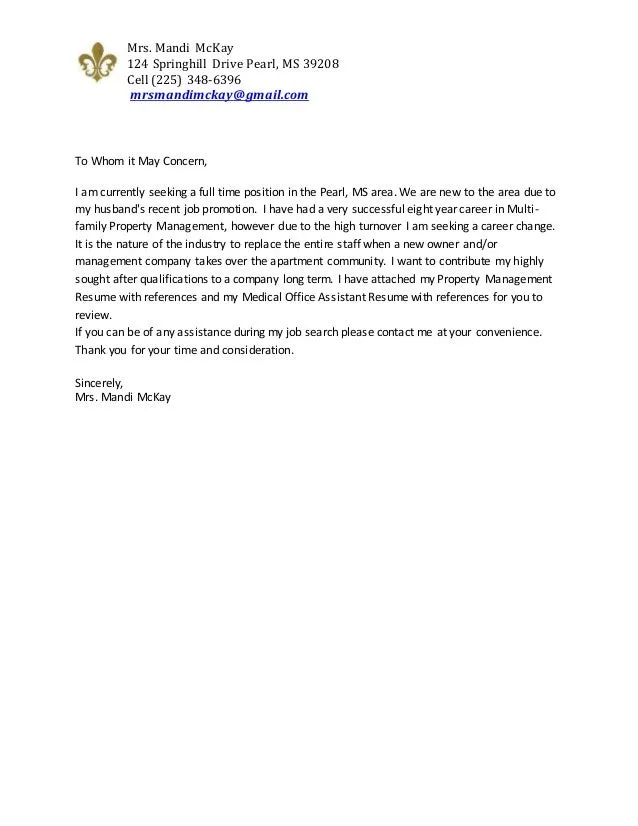
Proofread your cover letter carefully for any errors in grammar, spelling, and punctuation. Errors can create a negative impression and make you look unprofessional. It’s helpful to have someone else read your cover letter to catch any mistakes you may have missed. Before you send it, check the name of the recipient and the company. If you made a mistake, then you may be rejected right away. Check all of the details carefully before you submit your cover letter.
Final Checklist for Your Cover Letter
Before you submit your cover letter, use this checklist to make sure it’s ready: Did you tailor it to the specific job description? Did you highlight your transferable skills? Did you quantify your achievements? Is your tone enthusiastic and professional? Did you personalize the opening and closing? Is your contact information accurate? Did you proofread it carefully? By following these tips, you can create a compelling cover letter that effectively showcases your potential, even with little HR experience, and increases your chances of landing an interview. Good luck!
